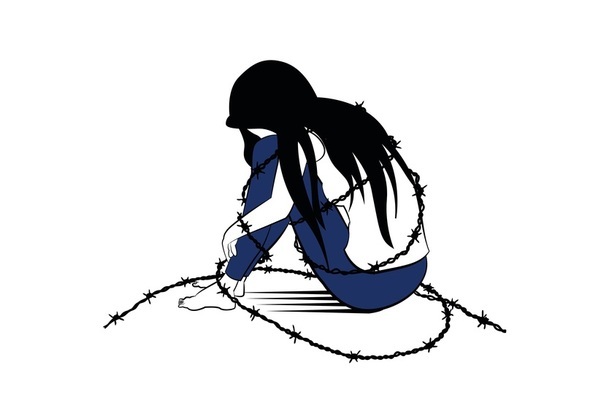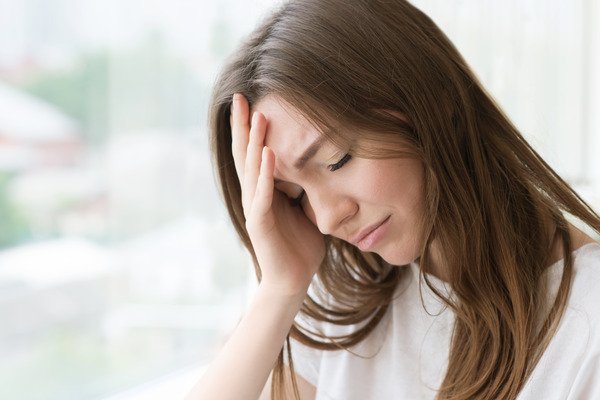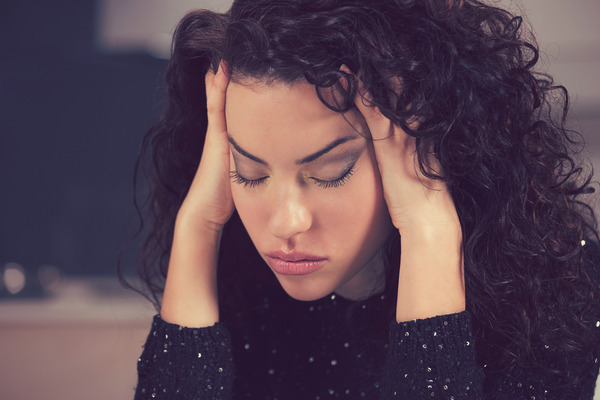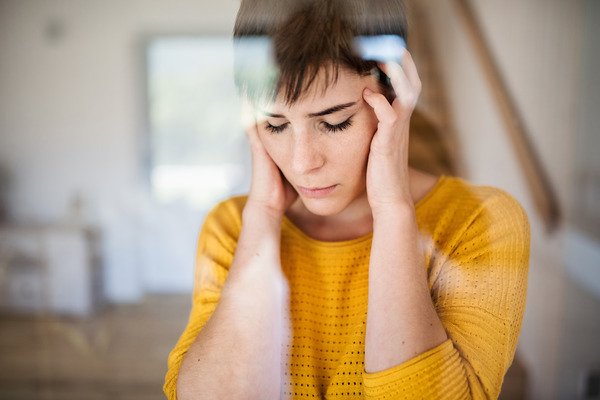
The silent enemy that affects all people during the stage of their human development and can end life In both DSM-5 and ICD-11, they refer to distinguishing depressive disorder from sadness caused by grief, as well as other types of depression. In both guides they mention that a certain duration and symptoms are required that will distinguish them from each one and their degree of dysfunctionality depends on it.
There are many studies that refer to the causes of depression, including genetic-biological causes and external causes such as losses, changes in life stage, traumatic events, among others. It is also important to know that depression is not only the cause of biological alterations, but is also the consequence of abnormalities or comorbidities, making it a complex phenomenon for diagnosis and treatment.
Likewise, it is important to know that Depression affects all age groups so it does not make any distinction based on race, gender, social or cultural status, etc Talking about depression is a very complex topic because it occurs throughout the life of a human being, so in this article I will only focus on the two causes and for this I want to start by defining what depression is.
Depression: endogenous and exogenous causes
According to the WHO (2023), depression is a serious illness because it affects the ability to work, study, sleep and enjoy life itself. From the cognitive perspective, depression presents a pattern of a negative view of oneself, the environment and the future.
Depression is a mental illness that affects all age groups on a mental and physical level and is one of the most prevalent disorders and its level of severity can lead to disability and even suicide.
1. Endogenous causes
Genetic factors are related to the hereditary part, that is, if one’s parents or grandparents suffered from depression, there is a possibility that one may also suffer from it at some point For its part, the biological/organic factor refers to the biological alterations of the body or medical causes such as a chronic disease such as diabetes, cancer, cerebrovascular problems, HIV, hyper or hypothyroidism, hyper or hypoparathyroidism, mental disorders such as ADHD, the consumption of certain substances and even drugs, pregnancy, childbirth, menopause, among others.
Due to human development, people go through different stages where hormones can be altered either as part of their own development or due to diseases. This alteration can be one of the causes of depression, especially the hormones of the adrenal, thyroid and gonad axis. These hormones play a very important role in modulating dopamine and serotonin receptors. In order to regulate this imbalance of hormones, they must undergo DHEA-S hormonal treatment (sex hormones), which can improve depression.
Likewise, for the stage of menopause and andropause, hormone treatment (estrogen, progesterone and testosterone) is suggested to balance the deficiency and improve depression. Another hormone that can cause depression is cortisol, since high or low levels trigger depression. Likewise, hyperactivity of the pituitary adrenal axis can cause depression. Melatonin and growth hormone are also related to depression since their deficiency or alteration generates this problem
On the other hand, we have vitamin and mineral deficiencies related to poor diet, including:
On the other hand, Manresa (2022) states that inflammatory and immune-based diseases such as rheumatoid arthritis, lupus, psoriasis, and intestinal inflammation are diseases that are related to the deterioration of quality of life and thus increase the risk of suffering from depression.
Psychological and psychiatric disorders can also cause depression For example, childhood traumas, personality disorders such as BPD, anxiety disorders, among others. To conclude, when it refers to depression due to endogenous causes, it refers to a cause of genetic, biological origin or disease.

2. Exogenous causes
The main exogenous causes, caused by factors external to us, are the following:
Treatment
As for the treatment, it will depend on the causes if you present, if it has endogenous and exogenous causes, the treatment will be both pharmacological and psychotherapeutic, and if the cause is endogenous, the treatment will only be drugs and if the cause is exogenous, it indicates it. psychotherapy.
Regarding the therapeutic model, cognitive behavioral therapy is suggested, but for cases of chronic depression, schema therapy is recommended because depression may be related to childhood trauma or personality disorders or others. Behavioral therapy and Klerman’s interpersonal therapy can also be used, which focuses on the present, on interpersonal or psychosocial problems
Conclusions
To conclude, depression is a mental illness that affects different areas or spheres of the person and also affects all age groups and its severity can even end the person’s life. It is for this reason that mental health professionals must carry out a deep analysis together with other medical disciplines to identify the causes of depression so that they can carry out a timely and effective therapeutic intervention (drugs or psychotherapeutics) that really helps. the person to get out of depression.









